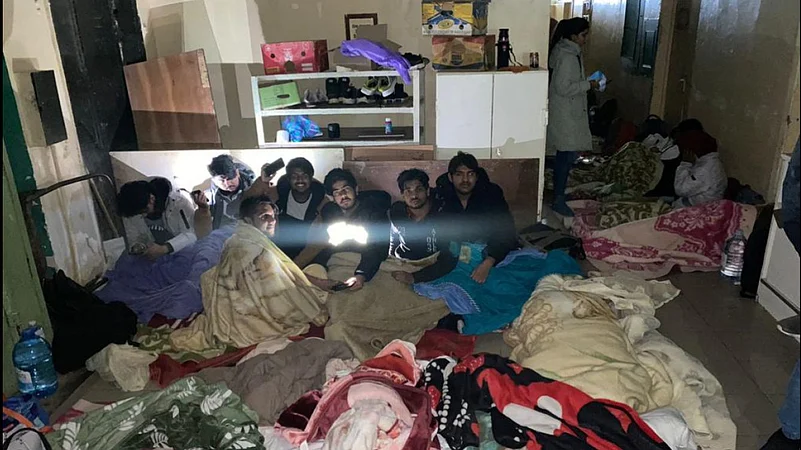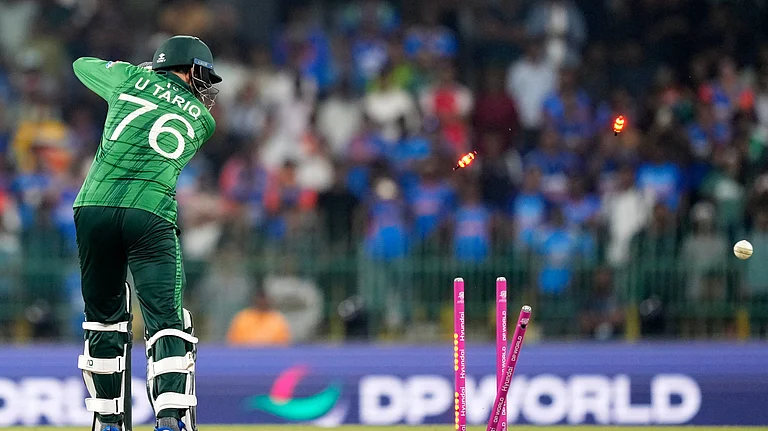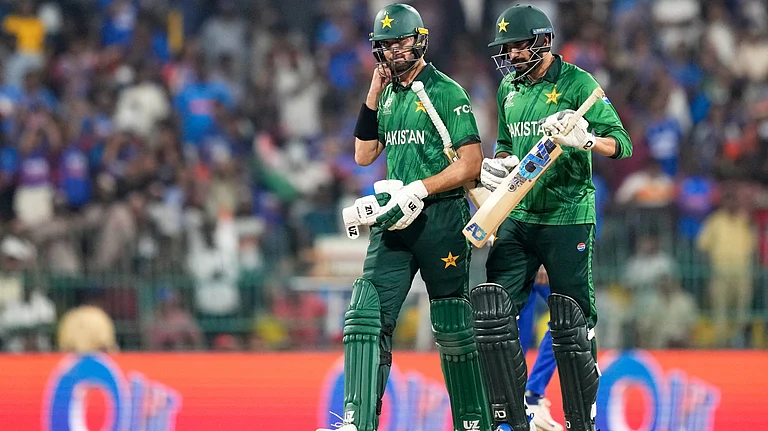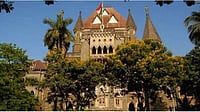Several Indians continue to navigate their way through Ukraine as Russia continues its assault with artillery, aerial bombings, and special forces personnel. The safe return of these stranded Indians is the topmost priority at the moment.
In the absence of any direct flights to Ukraine because of the closure of airspace, the stranded Indians have to make their way to neighbouring countries of Romania, Hungary, and Poland, from where they would be flown to India. However, reaching these safe havens is no easy task.
Here are 10 safety tips from people who have survived war zones, operated there, and have reported from there:
- Don’t go near government buildings, said Lieutenant General (Retired) Syed Ata Hasnain, a former commander of Jammu and Kashmir-based 15 Corps of the Indian Army. The government buildings, including strong-looking military facilities, are usually the first to be hit during the conflict, so one should stay away from them, Hindustan Times quoted Gen. Hasnain as saying.
- “Stay underground as far as possible – subways, basements, underground parking spaces, etc,” said Gen. Hasnain. Around 5,000 such sites have been marked by Kyiv’s local authorities for these purposes. These include underground railway stations, bunkers, bars, restaurants, shops, and even strip club basements.
- Don’t use flashlights at night as it might attract gunfire, said Ahmad Al-Abdallah, a resident of war-torn Syria’s Idlib province.
- Avoid dirt or grassy roads in case you are lost and are trying to find the correct way. A dirt or grassy road means it has not been used for some time and you should not use it as well.
- You might be travelling in a vehicle that you hired or took over after you found it abandoned – extreme times call for extreme measures. In such cases, you should take extra precautions as you are driving through a warzone that has several added complications.
If there has been a bombing recently and you are going there to look for survivors to rescue, you should not get too close to the site of the blast as shrapnel from projectiles spread all around might puncture your tires and render your vehicle useless.
- Journalist Rosie Garthwaite has written the book “How to Avoid Being Killed in a War Zone: The Essential Survival Guide for Dangerous Places” in which she has written tips for driving through conflict zones:
If you skid, turn the steering wheel into the skid rather than against it and this will bring it under control
Lower gears give you more control going up and down hills, and along muddy tracks.
Listen to your car. It will tell you when to change gear and when to give up.
- A large number of people are leaving to the West of Ukraine in trains. Garthwaite has also written tips for travelling from trains in her book:
Lock your compartment if you can. I have used a luggage strap to fasten it in the past.
Sleep in shifts if you are with others. Stay awake if you are alone.
If you have to sleep, tie yourself to your valuables and sleep on top of your luggage.
Try to travel during the day rather than at night.
- While it might be tempting to wear a soldier’s protective vest or helmet because of the protection it might offer, Garthwaite wrote that one should be careful with them as such clothing might make you appear like a combatant to a soldier who might not be able to distinguish you as a civilian.
- You should also be careful in using cameras in a conflict zone. Garthwaite offered the following tips in her book:
A camera can be mistaken for a weapon as the sun glinting off the lens can be mistaken for a scope of a rifle.
Be careful of using flash while clicking photographs as it could be mistaken for a flash of a gun being fired by an observer at a distance.
- It might sound too obvious to mention but it’s critical and needs mentioning – have potable water, dry food, and keep your phones charged and use the battery carefully. When travelling, stay close to televisions or radios as advisories are often broadcast in such times and that might help you.
Garthwaite noted the importance of a trusted local who could help you with their knowledge of the localities, but she as well as Al-Abdallah said you should trust your instincts.
“If you feel something isn’t right although it looks like the perfect day for it, whatever it is, stop and turn back. You need to create a careful balance between respect for their opinion and faith in your own instincts," Garthwaite wrote.


























